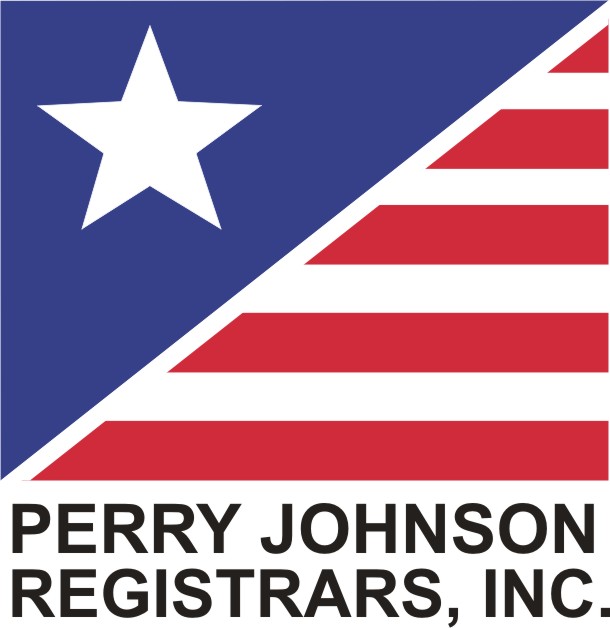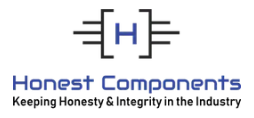Risk of Counterfeit Products
The powerful earthquake that struck Taiwan has highlighted the country’s crucial role in the global semiconductor industry and the vulnerability of the supply chain.
Damage to semiconductor manufacturing facilities could result in chip shortages and impact companies such as Nvidia, Apple, and Qualcomm, which are heavily reliant on Taiwan’s manufacturing industry.
Taiwan is a dominant semiconductor manufacturer producing nearly 90 percent of the world’s most advanced chips, which power devices from smartphones and AI services to medical equipment. Almost everyone in the world uses a device containing chips manufactured in Taiwan. The earthquake’s impact on chip production remains unclear, according to EPS News: https://epsnews.com/2024/04/03/taiwan-quake-raises-concerns-over-chip-supply-chain/
News of the earthquake triggered a chain reaction. Companies reliant on Taiwan Semiconductor Manufacturing Company (TSMC) production saw pre-market stock price drops. This underscores concerns about chip shortage, which has affected everything from car production to consumer electronics. While the situation had eased, further disruption could worsen shortages, leading to product launch delays, price hikes, and frustrated consumers. The earthquake is likely to accelerate diversification. Governments worldwide are offering large incentives to chipmakers to set up shop, potentially creating geographically balanced supply chains.
Compounding the situation is that semiconductor lifecycles are shrinking. Certain industries rely on being able to capture decades of semiconductor component availability. When the semiconductor lifecycle-to-end-product lifecycle ratio gets skewed, electronics OEMs need to get creative when working with their supply partners to ensure the correct, and non-counterfeit parts, keep coming through the door.
Market dynamics are shrinking the lifecycles of many semiconductor SKUs. For example, there have been a number of mergers and acquisitions among semiconductor suppliers. This consolidation often translates to various products being made obsolete making it impossible to find replacements, notes EPS News https://epsnews.com/2024/03/21/safety-101-managing-semiconductor-obsolescence/
Technology innovation, meanwhile, also translates to products being put on the road to end-of-life (EOL). As chips get smaller and faster, suppliers discontinue production of older, less lucrative components. These shifts are driving the rate of product change notifications (PCN) and EOL notices up and shrinking lead times of last-time-buy and last-time-ship notifications.
In line with this, counterfeit parts are becoming an increasing problem in every industry using electronic components including commercial, industrial, automotive, military/aerospace and aerospace. It is increasingly more and more difficult to know their true origin. Counterfeit parts can be highly sophisticated and can often pass external and internal visual, marking permanency and pin correlation/electrical testing.
The U.S. military estimates that up to 15 percent of all spare and replacement parts for its weapons, vehicles and other equipment are counterfeit, making them vulnerable to dangerous malfunctions. A high number of components can be easily replicated or modified which leads to the need for even more sophisticated testing to detect counterfeits.
To ensure the validity of the product, Honest Components bears the cost to test every order at Global ETS (https://www.gets-usa.com/), a 3rd party, independent AS6081/ISO17025 military/aerospace-certified lab.
Chip recycling is big business in China. Annually it is a multi-billion dollar industry and is very closely guarded. As an example, a small microchip recycling house in China could generate approximately $1m each year. The majority of the boards are from the USA and Russia where the microchips are harvested. At these Chinese recycling operations, boards are often stored outside in the open air causing water damage, with absolutely no ESD protection.
But because of the quality and sophistication of many of today’s counterfeit parts, they can also often pass such inspection protocols as external and internal visual, dimensional check, marking permanency and even electrical testing. Because such components can be easily cloned or altered, more sophisticated testing to detect counterfeit components is therefore necessary.
Also contributing to the counterfeit risk are distributors who have their own test lab claiming their capabilities are reliable enough to avoid counterfeit material. They may also be ISO9001 and AS9120 certified which adds to the assuredness that their counterfeit mitigation is in place and followed through.
But it is important to make sure they are not only capable, but are certified to AS6081 test methods including functional electrical testing. To address this conflict of interest, there is only one ethical solution, an independent 3rd party test labs. To validate the part, it is important that distributors allow an independent 3rd party test lab to test the parts.
We also advise to avoid sourcing minerals that contribute to armed conflict or human rights abuses in Conflict Affected and High-Risk Areas (CAHRAs), including the Democratic Republic of the Congo (DRC) and DRC-adjoining countries. HCI also seeks to avoid harming communities in CAHRAs through de facto embargoes of minerals sourced from those areas.
Armed groups operating in the eastern DRC have engaged in conflict and severe human rights abuses, fuelled through proceeds from the mining or trade of so-called “conflict minerals” or 3TGs (tin, tantalum, tungsten and gold).These atrocities led to the creation of the OECD Due Diligence Guidance for Responsible Supply Chains of Minerals from Conflict-Affected and High-Risk Areas, built on the framework of the UN Guiding Principles on Business and Human Rights.
Legal requirements have followed, requiring certain companies to disclose their due diligence consistent with the OECD Guidance, mitigating the risk that the 3TGs they purchase may directly or indirectly fund conflict in the DRC, adjoining countries, or other high-risk areas of the world.
At the same time, companies are expected to source responsibly from these areas to avoid a de facto embargo, which can have significant adverse impacts or unintended consequences for artisanal miners and their families whose livelihood depends on the mining industry. Similar concerns have arisen surrounding the social and environmental impacts of cobalt extraction, including child labor and unsafe working conditions in artisanal cobalt mining in the DRC.
The Responsible Business Initiative (RMI) added cobalt as a dedicated focus area in 2017. RMI is working to assist companies in exercising due diligence over cobalt supply chains in accordance with the OECD Due Diligence Guidance. HCI deplores the violence and inhumane treatment in the DRC, adjoining countries and other parts of the world. By adopting this Policy and collaborating with our customers and suppliers, especially through RMI, HCI is working with others to promote responsible business practices and foster peace and prosperity, which is consistent with HCI values.
The board supplier should adhere to the relevant Contract agreement templates and U.S. purchase order terms and conditions; Supply materials that are “Conflict-Free,” meaning minerals that are from recycled or scrap sources or that do not directly or indirectly finance armed groups through mining or mineral trading in the Democratic Republic of Congo, adjoining countries or any other CAHRAs as determined by regulatory bodies and as applied by RMI.









